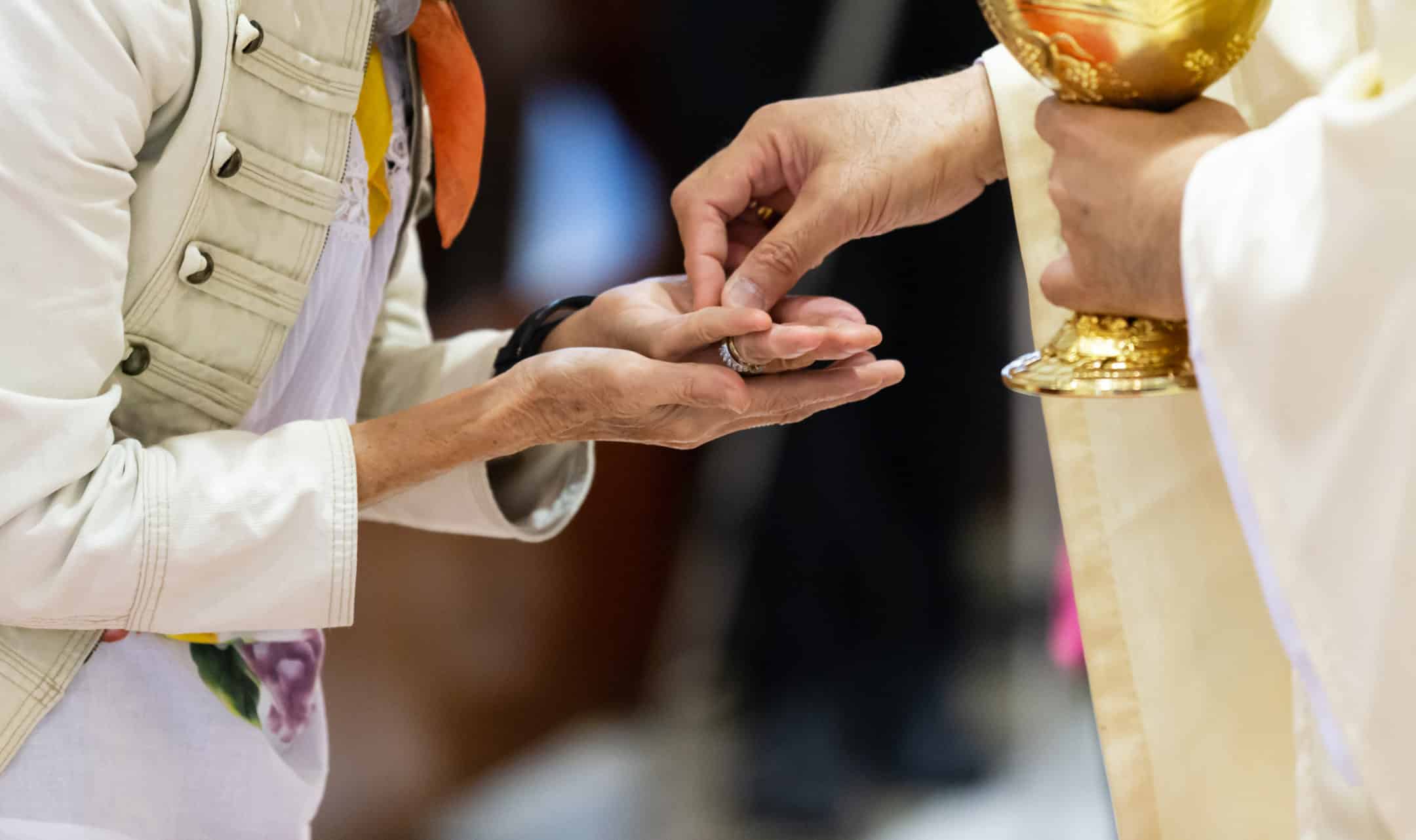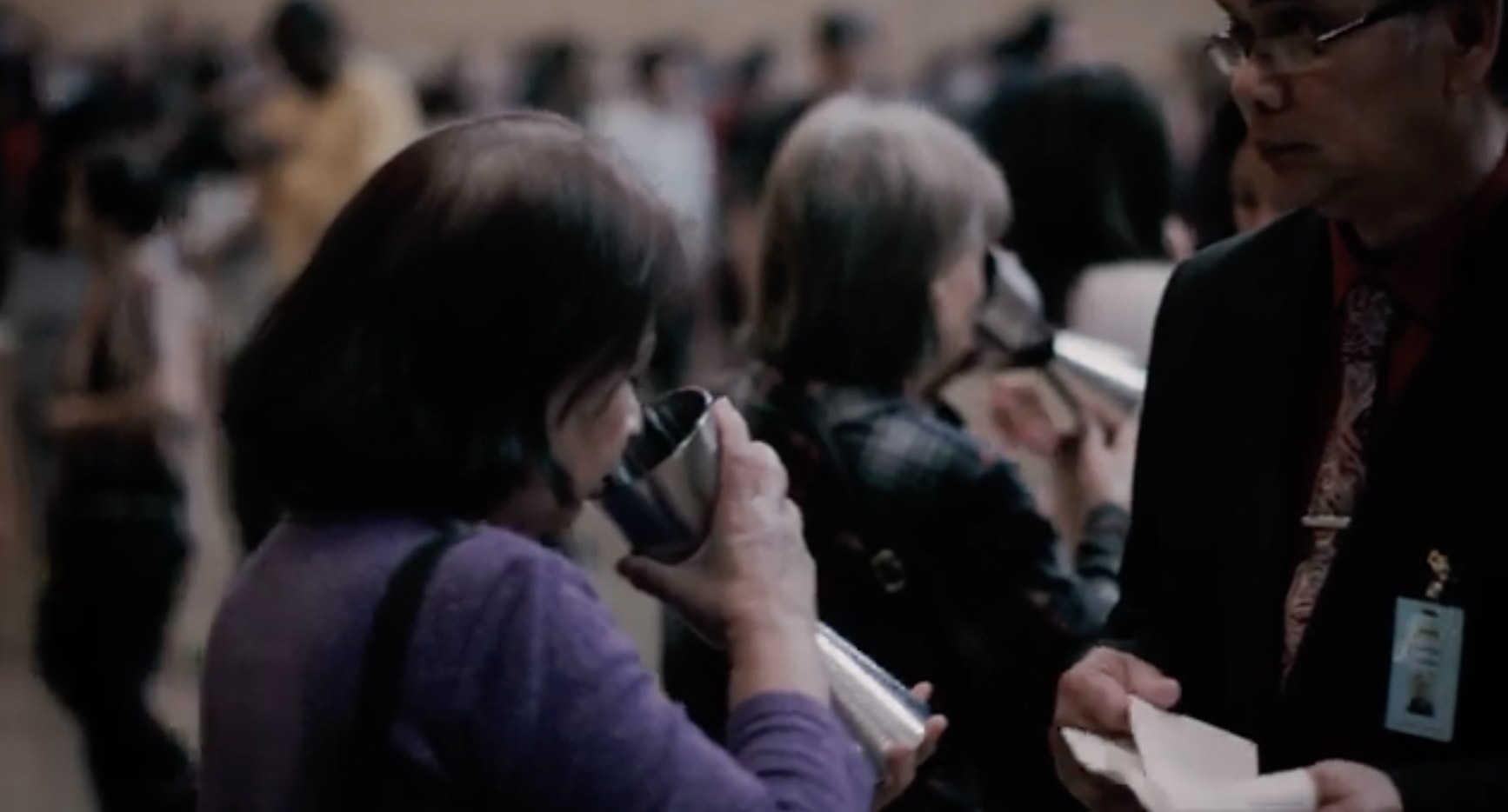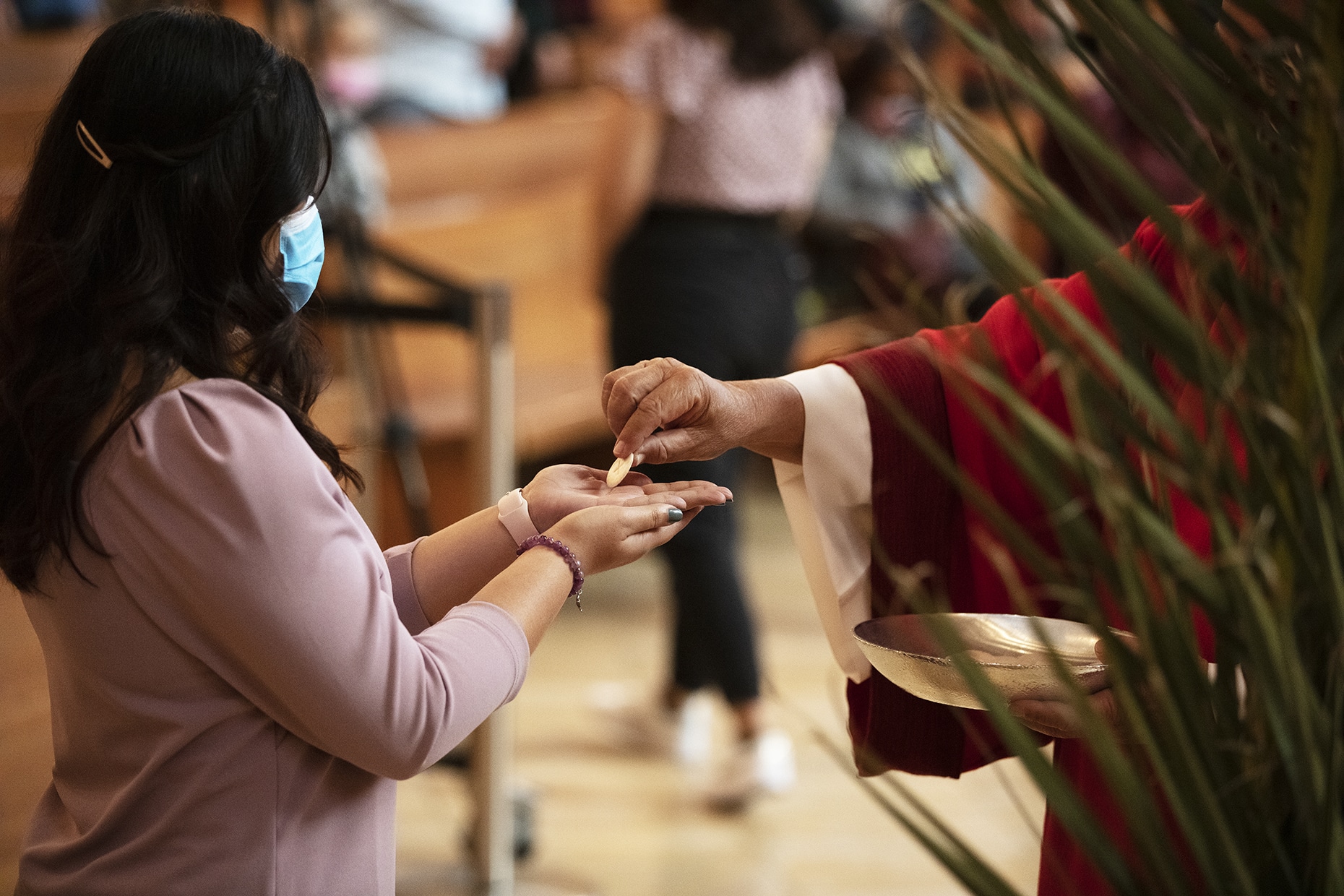OFW Guidelines
The Office for Worship has prepared the following guidelines for Extraordinary Ministers of Holy Communion serving during Sunday Mass, as well as other Eucharistic celebrations. *View Spanish guidelines here.
The purpose of these guidelines is to provide some observations and principles on this important ministry of the Church. These guidelines define the contents of the liturgical law on this matter, the demands of a good Eucharistic liturgy, and the expectations of the universal and local Church.
MINISTRY OF HOLY COMMUNION
-
The administration of Holy Communion during the Mass is truly a ministry. It is the ministry of bringing the sacrament of the Body and Blood of Christ to the People of God. It is also the ministry of witnessing to faith in the real presence of Christ in the action of sharing in the Eucharistic meal of Christ’s sacrifice. The ministry of the Eucharist should, therefore, be treated with utmost dignity and reverence.
-
In every celebration of the Eucharist there should be enough ministers for Holy Communion so that it can be distributed in an orderly and reverent manner. Bishops, priests, and deacons distribute Holy Communion by virtue of their office as ordinary ministers of the Body and Blood of the Lord (Norms for the Distribution and Reception of Holy Communion Under Both Kinds in the Dioceses of the United States of America, no. 27).
-
When the size of the congregation or the incapacity of the Bishop, priest, or deacon requires it, the celebrant may be assisted by other Bishops, priests, or deacons. If such ordinary ministers of Holy Communion are not present, “the priest may call upon extraordinary ministers to assist him, i.e., formally instituted acolytes or even some of the faithful who have been commissioned according to the prescribed rite. In case of necessity, the priest may also commission suitable members of the faithful for the occasion” (Norms, no. 28; General Instruction of the Roman Missal, no.162, 284).
-
Instituted acolytes (usually seminarians and candidates for the permanent diaconate) become Extraordinary Ministers through their institution. The role of the Extraordinary Minister of Holy Communion does not replace that of the Ordinary Minister, but supplements it on a provisional basis (Redemptionis Sacramentum, no. 151). That is, when a sufficient number of Ordinary Ministers is present for the distribution of Holy Communion, Extraordinary Ministers of Holy Communion should not serve.



